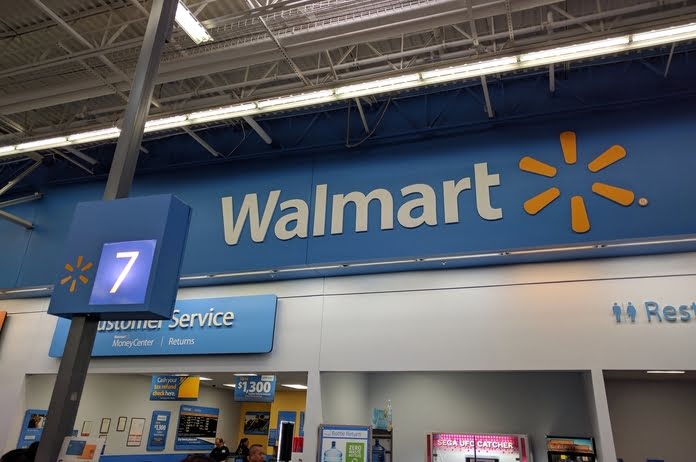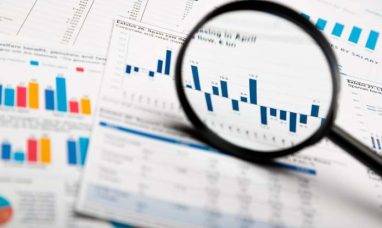As retailers gear up for the unofficial start of the holiday shopping season on Black Friday, executives are expressing apprehension about a potential slowdown in consumer spending that could impact sales not only on the day after Thanksgiving but throughout the entire holiday season.
Despite a solid job market and consistent wage growth, consumers had exhibited surprising resilience, defying economic forecasts and polls reflecting negative sentiments. However, recent challenges, including diminishing savings, increased credit card debt, and persistent inflation, are putting pressure on consumers. In October, shoppers curtailed their spending, marking the end of a six-month streak of gains. While inflation has eased in some areas, certain goods and services, such as meat and rent, remain significantly more expensive than they were just three years ago.
Major retailers, including Walmart, Best Buy, and Target, have reported signs of a weakening consumer in their latest quarterly results. Walmart (NYSE:WMT) noticed a reduction in spending in October and provided a conservative annual sales outlook. Best Buy reported that consumers are opting for less expensive TVs, and Target observed that shoppers are delaying purchases, waiting until the colder weather to buy items like sweatshirts or denim.
Even luxury retailers, such as Saks Fifth Avenue, acknowledge that their customers are feeling financially constrained, prompting a measured approach to the holiday season.
The National Retail Federation anticipates higher spending this year compared to the previous year but expects a slower pace due to economic uncertainty. The group forecasts a 3% to 4% increase in U.S. holiday sales for November through December, compared to the 5.4% growth seen a year ago.
Many retailers had already adjusted their holiday strategies by ordering fewer goods and initiating holiday sales earlier in October to encourage staggered spending. This early shopping trend intensified during the pandemic when supply chain disruptions in 2021 prompted consumers to buy early to secure desired items.
While retailers expect shoppers to focus on deals, they anticipate a last-minute surge in purchases. Best Buy is emphasizing opening price points, and Kohl’s has simplified its deals, promoting items under a specific price point, such as $25.
Online discounts are expected to be more significant than last year, particularly for toys, electronics, and clothing, according to Adobe Analytics. The five-day Black Friday weekend, including Cyber Monday, remains a crucial indicator of consumer spending willingness, with Black Friday expected to be the busiest shopping day of the year.
Despite the challenges, retailers have been proactive in promoting Black Friday-type deals throughout November, contributing to a boost in business. However, analysts caution that shoppers may stick to a list, refrain from impulse buying, and spread their purchases throughout the season due to a lack of urgency.
Featured Image: Megapixl















